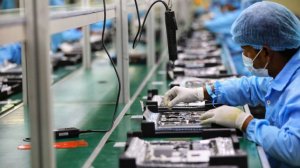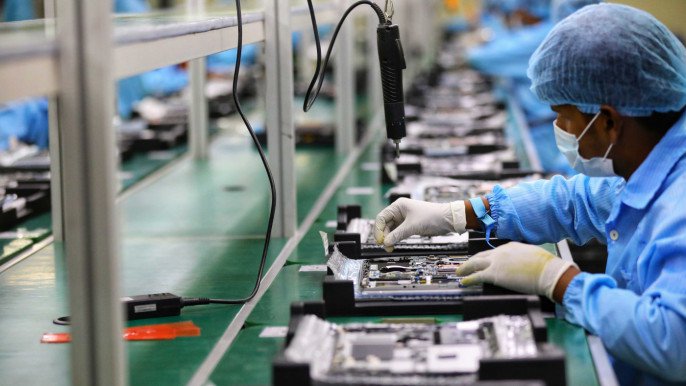In the wake of a number of European states, including Germany and France, legislating various aspects of human rights and sustainability in the supply chain, the European Commission adopted a proposal that aims to create wide scale adherence to these types of norms.
“This proposal is a real game-changer in the way companies operate their business activities throughout their global supply chain,” said Didier Reynders, commissioner for justice on the European Commission. “With these rules, we want to stand up for human rights and lead the green transition. We can no longer turn a blind eye on what happens down our value chains. We need a shift in our economic model. The momentum in the market has been building in support of this initiative, with consumers pushing for more sustainable products.”
Electronics organizations with complex global supply chains are likely to be impacted because of the large numbers of parts and suppliers in their value chain.
The low down on HREDD
Once it becomes law, the Human Rights Environmental Due Diligence (HREDD) directive will require companies of a certain size (500+ employees and annual revenue over $165.3 million) to comply with specific supply chain due diligence requirements related to human rights and the environment. In the EU, the law will touch more than 17,000 companies.
Under the new rules, companies will need to identify and even prevent, end or mitigate the negative impact their activities have on human rights and the environment. “The proposal aims to foster sustainable and responsible corporate behavior throughout global value chains,” the European Commission said in a written statement. “Companies play a key role in building a sustainable economy and society.”
This can range from issues of child labor and worker exploitation to pollution and losing biodiversity. “For businesses these new rules will bring legal certainty and a level playing field,” the EC said. “For consumers and investors, they will provide more transparency.”
The rules promise to have teeth, with associated fines and potentially the loss of business and brand reputation for those who do not comply.
Global reach
Although a European directive, these new rules need to be on the radar of organizations that do business with and in Europe, said James Calder, vice president, compliance and regulatory programs at Assent, which makes supply chain management solutions around sustainability. “With products made up of thousands of parts and hundreds of supplier partners, complex manufacturers need deep transparency into their global supply chains to detect and avoid potential compliance issues. To proactively prepare for ever-evolving regulations like HREDD, manufacturers must have detailed supply chain data or risk ‘green washing’ their ESG and sustainability reporting,” Calder noted.

James Calder, Assent
Calder estimates there are thousands of companies across North America that will be impacted by the HREDD when it takes effect. In addition, sustainability and human rights awareness is becoming a common way of evaluating a company. “There is a market expectation: to be a good business and be part of contracting, you have to divulge certain information,” he said. “Sustainability is measured in the same way as quality and performance.”
Increasingly, issues of sustainability and human rights will be an issue that manufacturers and suppliers of any size may need to think about. For example, large organizations are likely to ask smaller partners to adhere to these standards as a requirement for doing business.
“North American companies with large operations in Europe should prepare now to get the technology solutions in place to help them manage their supply chain and production to comply with the HREDD directive, which will minimize the risk of business disruptions, and continue to maintain competitiveness in the EU market,” Calder said.
Calder offers a series of steps organizations hoping to get ahead of the curve may want to take:
- Assess the company. Look for ways that the organization is already gathering data, tracking, and working in these areas, and leverage those as a starting point. Often, local laws and requirements that are already in place will give companies a head start. California, for instance, passed its California Transparency in Supply Chains Act a decade ago to address human rights abuses. Also look for gaps that need to be addressed.
- Get the right people involved. Supply chain and procurement roles are a natural fit, but legal experts will also be a critical piece of the puzzle.
- Consider leveraging external expertise. Today, one of the biggest gaps in the industry is the availability of trained people so it may be better to hire a consultant to drive sustainability efforts than try to capture talent. Better still, outsider resources may be able to tell you how you compare with your peers.
The HREDD Directive is putting a bright light on ensuring that companies don’t abuse the environment or human workers—but it’s a data point that comes as the electronics industry has already grappling with the topic for a decade or more. This big push, though, may put it higher on the task list for organizations who want to do business in Europe—and that’s a hopeful sign.


